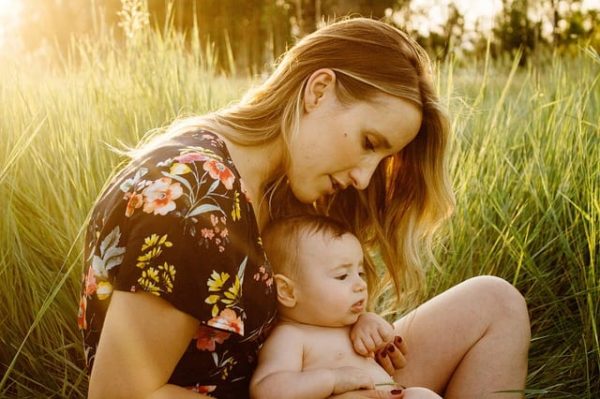If only the above could have been better spelt out in the leads and headlines across a number of news reports this morning regarding new OECD research on the untapped potential of stay-at-home mums.
Instead, the research saw editors and sub-editors getting trigger-happy on finding an easy culprit: so-called ‘housewives’. Or perhaps it’s women who choose – or don’t choose – to stay a home with the kids.
The Herald Sun referred to the story as housewives being a ‘drain’ on the Australian economy, as did the Daily Mail.
For the record, the OECD used the following headline with its press release on the report:
Australia should help more women and other underemployed groups into work
So how did the war on the ‘housewives’ of Australia (do you need to be married to be considered a drain?) come from?
According to the new research, Australia is in the lower third of OECD countries when it comes to the employment rates of women aged 25-54, currently at 72.5%, with many working part time. We fare much worse when it comes to the employment rate of single mothers, coming in third last at 50.8%. The OECD found that women with children were 9% less likely to be employed than all prime working-aged women.
The report also noted that women with children under five, along with single parents with children under 15 and Indigenous Australians, face significant unemployment gaps. It notes the “multiple barriers to employments” these groups face.
There are many, many points in the economy we can identify when it comes to what’s draining money.
We could point to the wasted potential of highly qualified women, who leave their chosen professions after having children because their employer can’t legitimately offer them the flexibility they need.
We could point to the expensive and inflexible childcare system that sees women simply unable to afford to go to work.
We could point to the fact part time and flexible roles are simply not all that easy to come by. Nor do women who’re looking to get back into the workforce after taking extended leave have a particularly easy time picking up the work they need. As a number of women commented in our recent Ambition Report, ageism is alive and well across Australia, and starts much younger than you think.
We could point to the fact women contribute $345 billion in UNPAID childcare work every year, according to a new report from PwC called Understanding the Unpaid Economy.
We could point to the fact that maintaining a demanding, leadership career — in business or in politics — pretty much requires you to have some kind of ‘wife’ managing everything else at home, as Annabel Crabb found in her book, The Wife Drought.
What we won’t point to is individual women with varying circumstances who either choose – or don’t choose – to make the decision to stay home with their children.
So what can be done? The OECD report says it’s governments and organisations that need to do the work, to facilitate “better work-life balance” and deliver affordable childcare.


